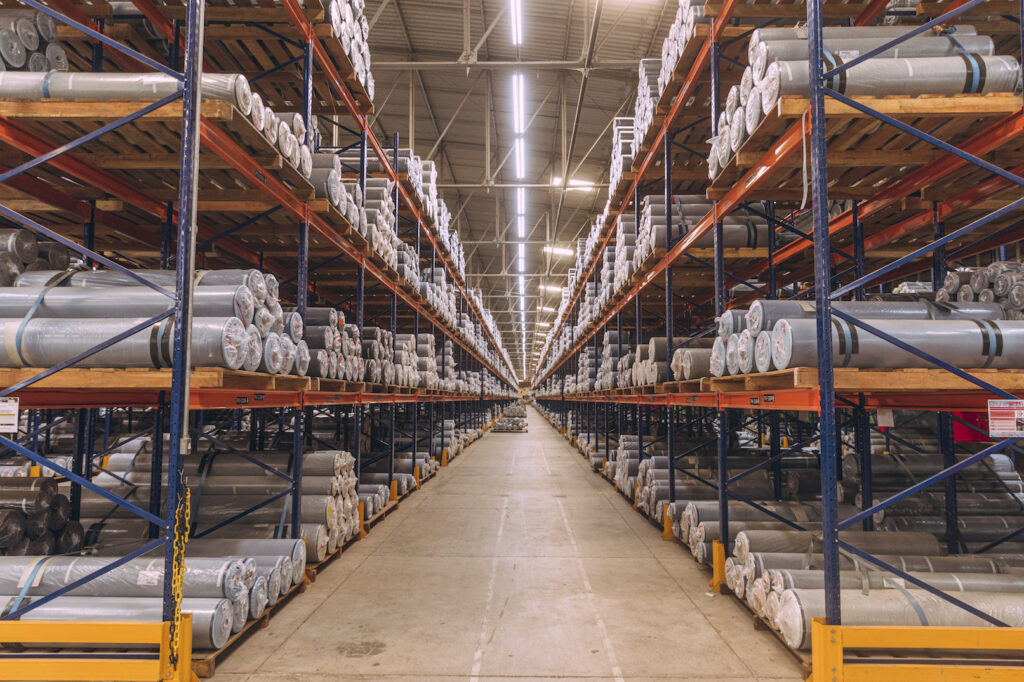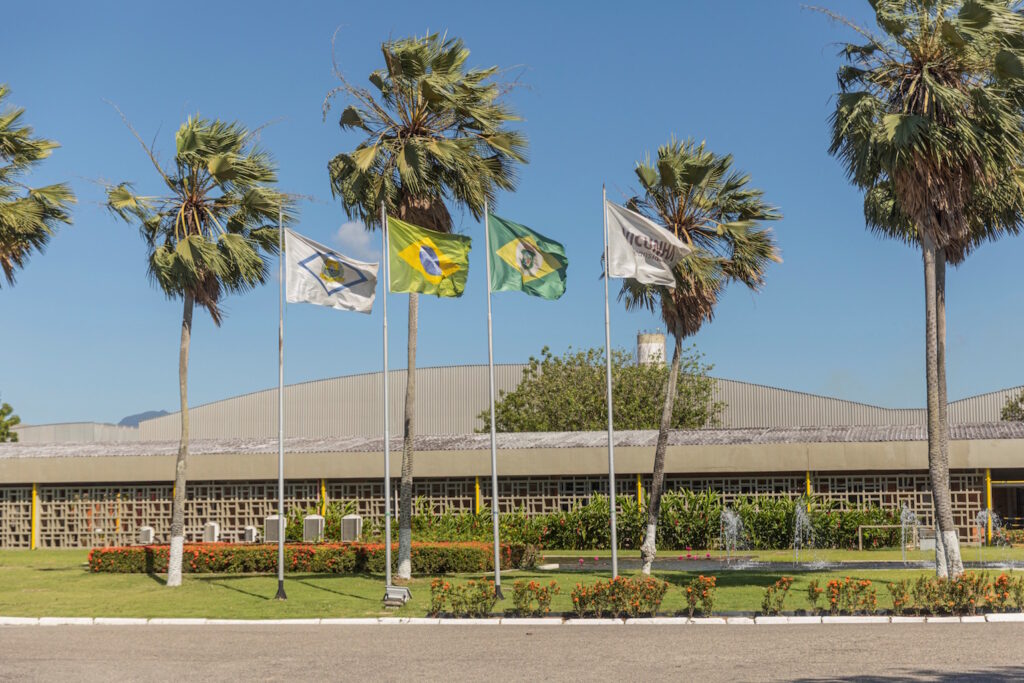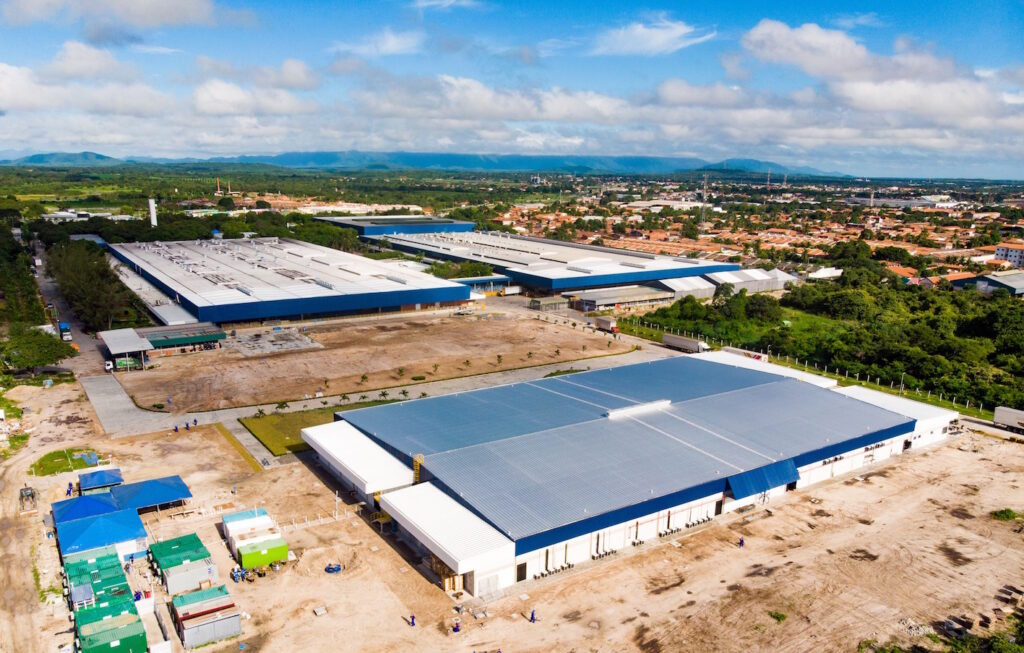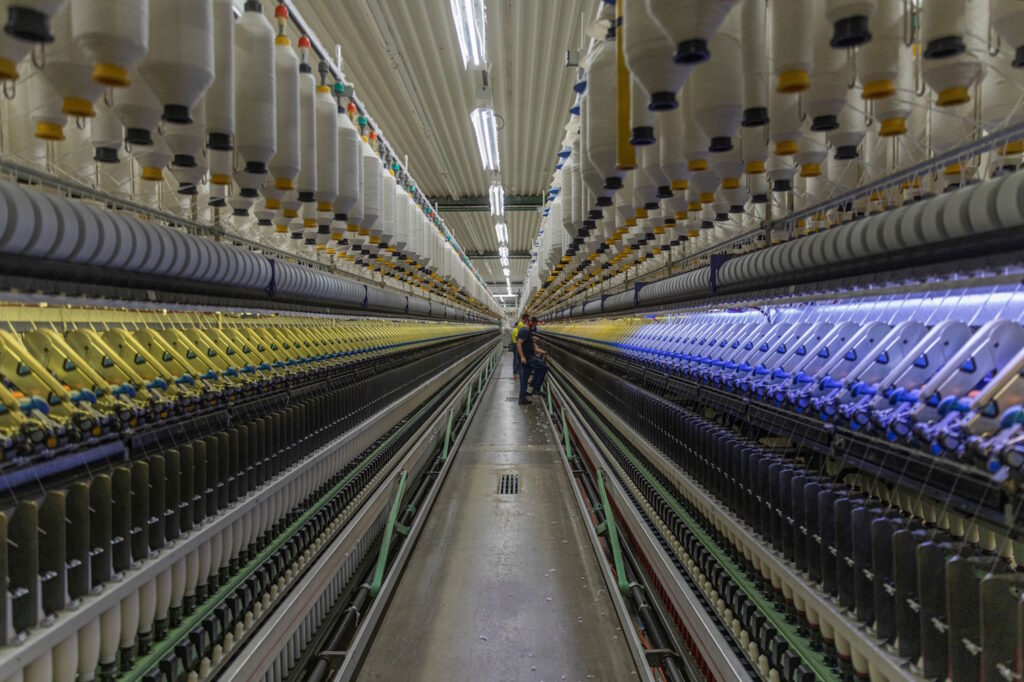Textiles and Footwear: Open doors to the world

One of the most important sectors of Ceará's economy, textiles and footwear are among the first most representative segments of the state on the map of Brazilian industrial production, generating income, jobs and opening many opportunities for investors.
“We are always working to attract industries that complement our production chain in Ceará. Packaging, for example, is very important. Today, we bring packaging, hollow tubes, cardboard tubes from other states, hundreds of kilometers away. There is also the possibility of generating a lot of maintenance services. We have a lot of space for small, medium and large projects for companies that complement our chain”, says Marcel Imaizumi, Chief Operations Officer at Vicunha.

One of the emblematic companies of Ceará, Vicunha started operations in the state in 1985. This Brazilian multinational present in Latin America, Europe and Asia, has more than 50 years in the market and is a global reference in jeans wear solutions, operating in the fabric segment. jeans and denim. Currently, Vicunha has two factories installed in Ceará that produce 9 million meters of fabrics per month and employ almost 4 thousand people.
Another large multinational in the sector, in this case footwear, Vulcabras has invested in modernization to expand its business in Ceará. “In addition to having an up-to-date plant with the most modern technologies applied in the production of sports shoes, we have the very important support from governments, both municipal and state. The incentives granted provide essential conditions for us to compete with international competition. Without them, no matter how efficient we are, it would be even more challenging to face Asian producers, who have access to much lower costs than those in Brazil”, says Wagner Dantas, Chief Financial Officer of Vulcabras.

The company has invested more than 320 million Reals (about 60 million dollars) in the last four years in a modern and sustainable factory and a constant generation of jobs. In recent times, it has managed to nationalize the manufacture of sports shoes, which were previously imported and defines Ceará as the best place for shoe production in Brazil.
The growth of exports
The numbers prove the strength of the Textile and Footwear sector in Ceará. According to the International Business Center (CIN), from the Federation of Industries of the State of Ceará (Fiec), in the footwear sector, there was an expansion of 39.2% in exports, in the period from January to September 2022, in comparison with the same period in 2021, a result of the large footwear hub in Ceará. While, between January and September of last year, about 159 million dollars were traded abroad; in the same period this year, the number rose to 221.4 million dollars. Rubber shoes pulled the index up, having the United States as the main trade partner. Alone, they received the equivalent of 62 million dollars in footwear from Ceará.
The clothing sector, which covers the parts already manufactured, also showed positive growth in exports in 2022, with an increase of 30.8% in the first nine months of the year. There were 4.1 million dollars exported, compared to 3.1 million dollars in the same period in 2021. Exports are concentrated in products such as bras, swimsuits and bikinis, as well as corsets, suspenders, and garters. Paraguay is the main destination, with more than 1 million dollars exported.

In the textiles sector, which covers only fabrics, a slight drop in exports of 2.3% was registered. In 2021, the equivalent of 41.2 million dollars were exported. In 2022, the accumulated value in the first nine months of the year was 40.2 million dollars. Imports, on the other hand, rose 2.8%. The main products exported were cotton fabrics and other cotton materials, whose destination was mainly to countries such as Colombia, Argentina and Peru.
“The strong point of the fashion sector in Ceará is Jeans Wear”, says Paulo Rabelo, president of the Fashion Sector Chamber. “We are following some very interesting footsteps with the history of design, as Fortaleza was elected Creative City of Design in 2019 by UNESCO. We are very focused on making better- crafted pieces to gain more space in the market. Generally speaking, we see a slightly stronger circular economy, as well as authorial fashion popping up, which we haven't seen before. New brands are emerging more and more. Ceará fashion has become decentralized, and business is more widely dispersed”, he emphasizes.
One of the most relevant projects for the sector is 100% Ceará. Bringing together efforts from various entities and institutions such as Fiec, Sindroupas, Sectorial Chamber of Fashion and Senai, the initiative is aimed at training, qualifying and creating an identity for the Ceará fashion industrial sector. The 100% Ceará Project takes training to productive centers in the interior of the State, facilitating access to courses, workshops and training and qualification meetings for micro and small companies, sewing and clothing workshops, stimulating the reduction of informality in the sector.
“In the city of Marco, for example, we have practically 70 clothing stores and all of them focus on intimate fashion. The intention of 100% Ceará is to professionalize this hub, both with sewing training, as well as design and innovation. We are working to get land, obtain premises, and place these people inside their own factories. In other words, the initiative is joining links to make the chain stronger," says Paulo.
Multimedia
Live: Joaquim Cartaxo, superintendent director of Sebrae Ceará, and Paulo Rabelo, president of the Sectorial Chamber of Fashion
Podcast: Paulo Rabelo, president of the Fashion Sector Chamber


